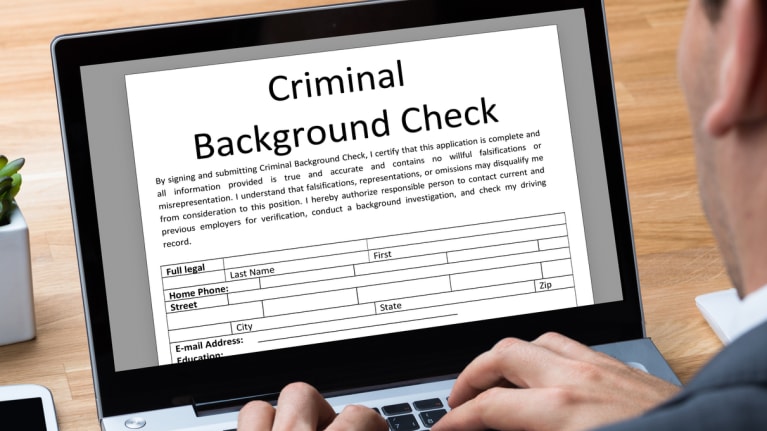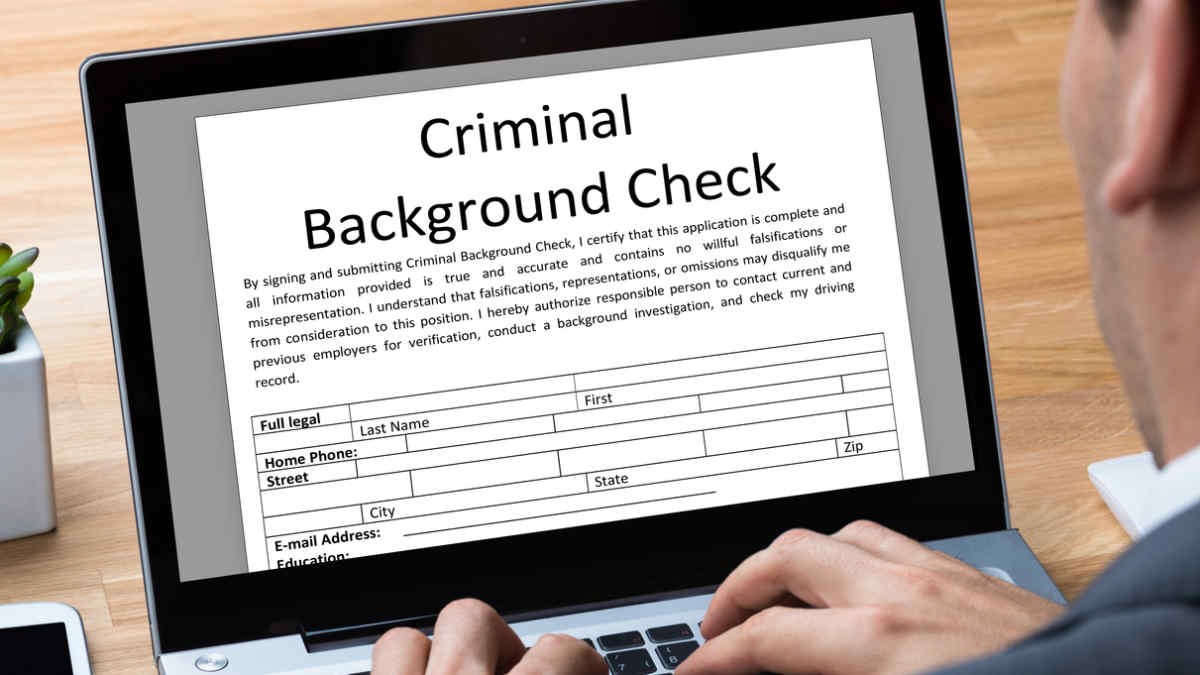

?
A major law about the erasure and consideration of criminal convictions in employment in Connecticut took effect Jan. 1.
Passed by the Connecticut legislature and signed into law by Gov. Ned Lamont in 2021, Connecticut’s “Clean Slate” law will alter employers’ abilities to discover, consider, or make decisions based on a job applicant’s or employee’s criminal history.
Although it has also long been the case that Connecticut law has barred employers from requesting information about, making hiring decisions, discriminating against or discharging employees based on criminal records that have been erased under Connecticut law, the new law expands protections for individuals whose records have been erased and will broadly expand the types of criminal convictions that will be erased or subject to erasure. The law also implements processes by which criminal convictions will be erased by automatic operation of the law or upon an individual’s request.
In addition to being barred from discriminating with respect to erased criminal records, the law expressly prohibits employers from discriminating against individuals in compensation or in the terms, conditions, or privileges of employment based on an individual’s erased criminal history information.
The law provides for the erasure of certain classified and unclassified misdemeanors and felonies as follows:
- For any classified or unclassified misdemeanor offenses, the law provides that such records will be erased seven years from the date on which the court entered the convicted person’s most recent judgment of conviction.
- For any class D or E felony or an unclassified felony carrying a term of imprisonment of five years or less, the law provides that such records will be erased 10 years from the date on which the court entered the convicted person’s most recent judgment of conviction.
- Convictions designated as family violence crimes and both nonviolent and violent sexual offenses under the Connecticut statutes pertaining to the registration of sexual offenders are ineligible for erasure.
- For offenses that fall within the above categories, erasure would occur automatically if the offense occurred on or after Jan. 1, 2020. For misdemeanors committed by someone under 18, such records will be erased automatically if the offense occurred on or after Jan. 1, 2000, and before July 1, 2012. Other offenses occurring before these dates are subject to erasure by individual petition.
The law provides employees and job applicants the ability to file complaints about violations of this law with the Connecticut Department of Labor, the Connecticut Commission on Human Rights and Opportunities, or in a civil action in Connecticut Superior Court, depending on the nature of the alleged violation. Individuals bringing civil actions may be entitled to injunctive relief, damages and other legal remedies.
Implications for Employers
As a result of this law, employers will have limited access to Connecticut criminal history. Additionally, due to the law’s prohibition on discrimination due to erased criminal history information, the expansion of convictions being erased will make it less likely that employers will be able act on information that they obtain falling under that category, even if voluntarily disclosed by an employee or applicant.
Employers should remember the protections already in place under Connecticut statutes for individuals who have received a provisional pardon or certificate of rehabilitation. Like erased criminal history information, employers cannot base employment decisions solely on receipt of those designations.
Tanya A. Bovée and Justin E. Theriault are attorneys with Jackson Lewis in Hartford, Conn. Susan M. Corcoran is an attorney with Jackson Lewis in White Plains, N.Y. © 2022. All rights reserved. Reprinted with permission.
